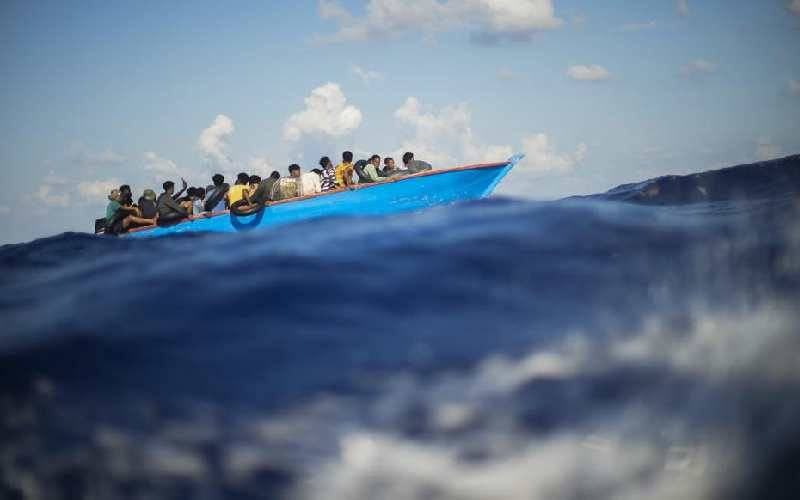
Thousands of migrants have made their way illegally into Greece from Turkey, using rickety rafts to cross the Aegean, the narrow waterway between the two countries.
United Nations data in September shows sea arrivals have already more than doubled the roughly 12,000 migrants who were caught trying to illegally enter Greece last year. Illegal entries along the land border and the massive Evros River that snakes along the rugged frontiers of the two countries in the northeast also count record increases of more than 65 percent in the last two months alone, police said.